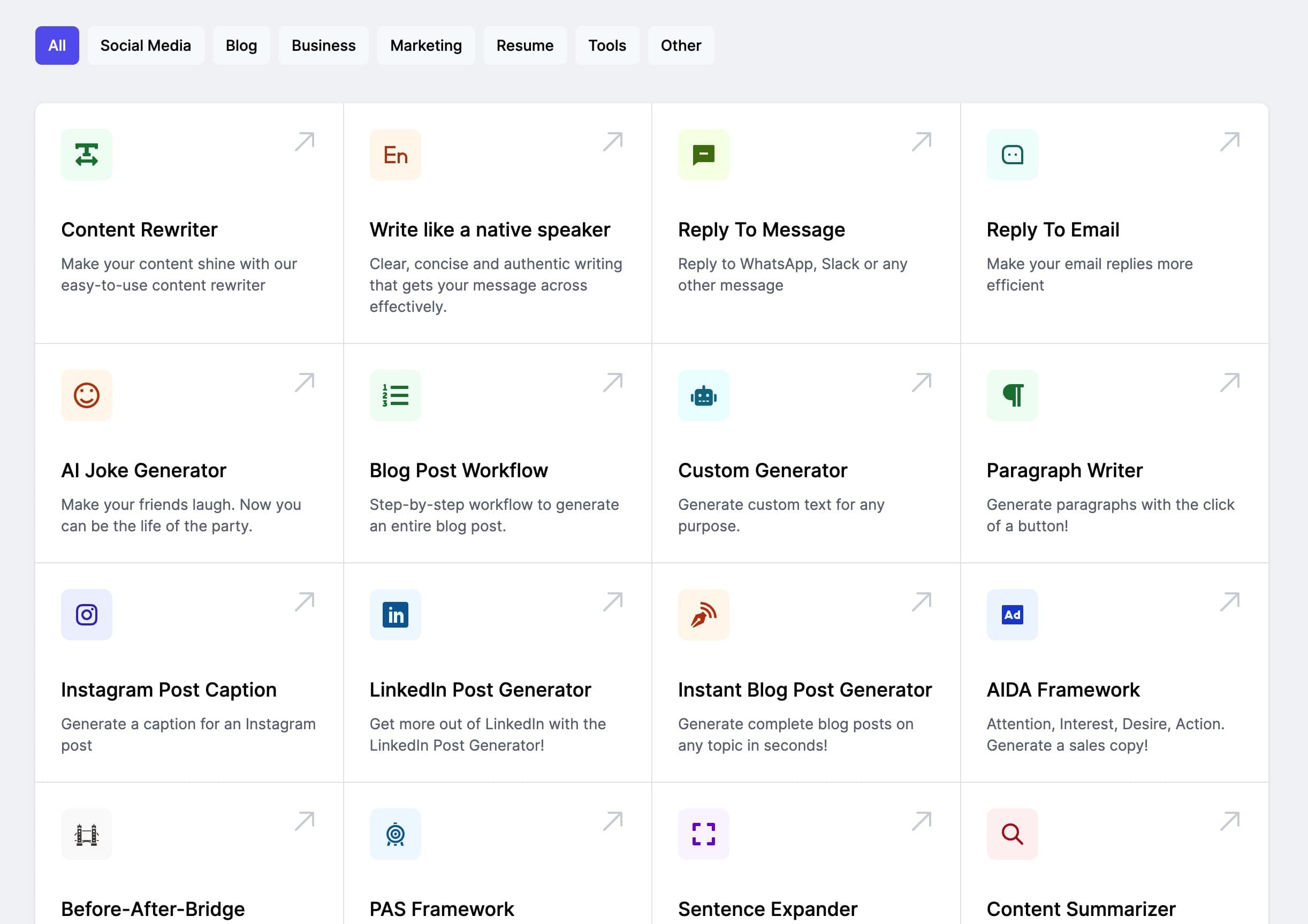AI
Debate Topic: AI
Your Stance: Against the unrestrained development of AI technologies
Tone: Concerned yet reasoned
Ladies and gentlemen,
I stand before you today to discuss a topic that is not just revolutionary but also fraught with unprecedented challenges—the unrestrained development of artificial intelligence. Let us embark on a critical examination, not because we fear progress, but because we value our humanity too deeply to not question the potential consequences of unchecked technological evolution.
1. Loss of Privacy: Our first point of concern is the significant erosion of personal privacy. AI technologies, particularly those driven by big data analytics, require massive amounts of data, much of which is personal and sensitive. This data collection is often opaque and unregulated, leading to a scenario where our private lives are an open book to any tech company that can afford powerful AI algorithms. This is not just a hypothetical concern; instances of privacy breaches are already making headlines around the world.
2. Job Displacement: My second point addresses the economic impact—job displacement. As AI systems become capable of performing tasks traditionally done by humans, from driving trucks to drafting legal contracts, the rate of job displacement is set to increase. While new jobs will undoubtedly be created, they are likely to require skills that displaced workers do not possess, leading to significant economic hardships. The Bureau of Labor Statistics shows a potential rise in unemployment in sectors most susceptible to AI integration, without a comparable rate of job creation in new areas.
3. Ethical and Moral Dilemmas: The third concern lies in the moral and ethical dilemmas posed by AI. When decisions are outsourced to algorithms, who then is accountable for these decisions? From biased programming in facial recognition software to life-and-death choices in autonomous vehicle accidents, the delegation of moral agency to machines is fraught with peril. How can we ensure that AI adheres to ethical guidelines when the very programmers behind these systems are fallible humans?
Counterarguments and Refutations:
Some argue that AI represents progress and blocking its development would be akin to resisting the inevitable march of technology. However, advocating for restraint is not opposing progress; it's a plea for responsible stewardship of technology. It's about ensuring that technological advancements improve human well-being without compromising our moral and ethical standards.
Others might claim that regulatory frameworks can mitigate these risks. While regulation is necessary, the rapid pace of AI development often outstrips the slower machinery of government policy-making. Moreover, global disparities in regulatory standards can lead to a 'race to the bottom' where companies migrate activities to the least regulated markets.
Relevant Example:
Consider the fictional case of "Technotron," a leading AI company. In its rush to deploy AI-driven personal assistants, it failed to securely anonymize user data, leading to a significant breach. This example, while fictional, mirrors real-life incidents and highlights potential negligence in the face of rapid technological advancement.
Concluding Statement:
In conclusion, while AI presents us with opportunities for growth and improvement, it is our duty to approach its development with caution and responsibility. Let us not be blinded by the dazzle of innovation to the extent that we fail to see the potential pitfalls. We must guide AI development responsibly, ensuring it serves humanity positively, without sacrificing our privacy, our jobs, and our moral integrity. Let us advocate not for the blind advancement of technology, but for a future where technology is developed with wisdom and foresight. Thank you.
